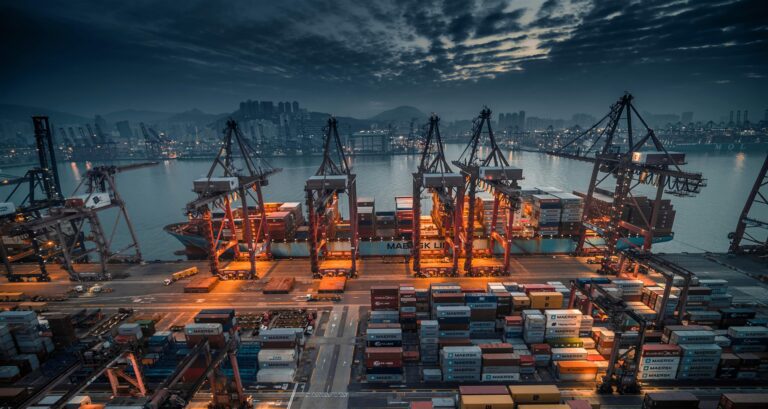The global financial landscape has been thrown into uncertainty following the recent tariff policies announced by the U.S. administration. As nations across the world react to these changes, the ripple effects are evident in financial markets, where sharp volatility has become the norm. The imposition of new tariffs, particularly on key trading partners such as China, the European Union, and Canada, has sparked concerns about the potential for a larger trade conflict.
For several years, the U.S. has been at the center of a broader debate about trade imbalances and the role of tariffs in achieving economic goals. However, the recent escalation of tariff measures has been a point of significant concern, not only for the direct countries involved but for the global economy as a whole. The U.S. administration’s approach, which has been seen as protectionist, threatens to disrupt long-established trade agreements and alliances. The European Union, for instance, has already made it clear that it will implement countermeasures, which could escalate into a trade war.
The prospect of such an international conflict has triggered an immediate response in stock markets worldwide. Investors, uncertain about the long-term effects of these policies, have reacted with caution. Major indices have seen swings as they attempt to assess the potential outcomes. The unpredictability of the trade situation makes it difficult to gauge whether the U.S. will manage to achieve its desired economic objectives or if the consequences of its actions will outweigh the benefits.
In addition to the stock market fluctuations, currency markets have also experienced instability, with the value of the U.S. dollar coming under pressure. As other countries explore ways to protect their own economies, the strength of the dollar remains a key point of focus. If other nations retaliate in a concerted effort, it could lead to a devaluation of the U.S. dollar, further complicating matters.
On the other hand, some economists argue that these protectionist measures might encourage domestic production, potentially leading to job growth in certain industries. However, such optimism is tempered by concerns over the wider effects on global supply chains, which could be disrupted by the tariff-induced uncertainty. The interconnectedness of global markets means that even small disruptions can cause a chain reaction, affecting various sectors such as technology, agriculture, and manufacturing.
At the heart of this debate is the potential for a global trade war. As tensions rise, countries that are affected by the tariffs may feel compelled to retaliate, which could lead to more widespread economic damage. With both sides digging in their heels, the international community watches closely to see how the situation will unfold and what long-term consequences may arise. As the market continues to react to these policies, investors remain wary, knowing that the outcome of these tariff disputes will have lasting ramifications for the global economy.


